What is the 'Nota Simple' in Spain and how do you get one?
Everything you need to know about the Nota Simple in Spain - an essential document for buying property - including how you can get it and how much it costs.
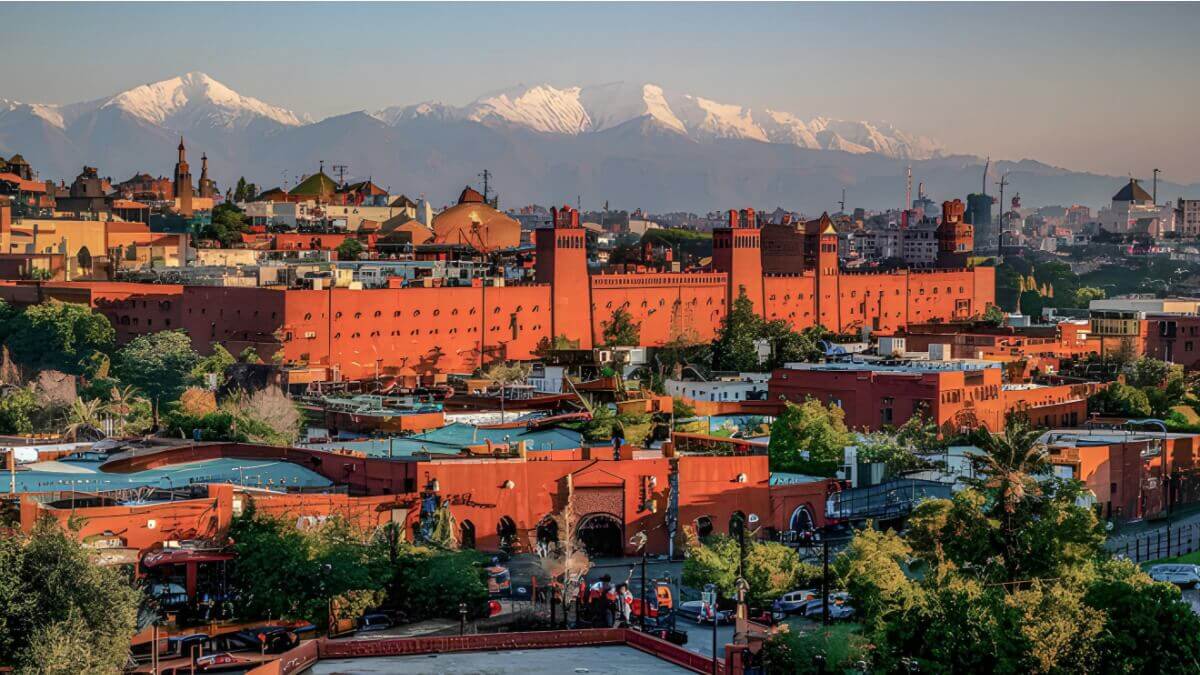
Moving to Morocco from the UK? Perhaps you’re dreaming of a sun-soaked retirement in Rabat or are starting a new job in Casablanca. You might even fancy buying a holiday home in Agadir or Marrakech.
Whatever your plans, we’re here to help. Read on for a comprehensive guide to buying property in Morocco as a foreigner. This includes the latest property prices, tips on where to find your dream home and info on how the buying process works.
If you’re looking for ways to save money on currency exchange when buying property in Morocco, check out the money services provider Wise. You can send large transfers with Wise for low fees* and great exchange rates - making it ideal if you’re sending a secure international transfer.
Before you start house hunting, it can be useful to know a little about how the process of buying property works in Morocco.
Here’s an overview of the steps involved:¹
The first thing to do is get your finances sorted. You might need to get pre-approval for a mortgage if you’re using one, and set your budget.
It’s a good idea to open a Moroccan bank account at this stage, ready for transactions in Moroccan dirham (MAD) relating to your purchase and mortgage.
It’s also a good idea at this stage to create a list of criteria, so you know exactly what you’re looking for.
Now it’s time to start searching, using either online property portals or local estate agents (or both). Bear in mind that local agents are unlikely to speak English, so you might want to appoint an English-speaking lawyer to help you at this stage.
If you see something you like, arrange to view it as soon as possible so you don’t miss out.
All property purchases in Morocco must be carried out with the assistance of a notary, taking responsibility for finalising and transferring the deed. As you start your property search, it’s recommended to appoint a notary as early as possible.
The UK Government has a list of notaries in Morocco on its website.
Once you’ve found your dream home, you’ll need to make a competitive offer. This will be made and accepted (hopefully) verbally at first, then made legally binding with a contract. This is known as a Purchase Agreement (Acte d'Achat). Your notary will assist with this.
Before you sign anything, you might want to look into getting a building survey carried out.
You should also let your mortgage provider know that your offer has been accepted, so that you can complete any final paperwork.
At the same time as signing the preliminary contract, you’ll also need to pay the deposit. The most secure way to do this is through your bank account, but your notary can advise you more on this.
Now it’s time for your notary to complete the necessary legal paperwork to complete the purchase. This involves:¹
Once all of this work is complete, you’ll sign the final documents, transfer the remaining balance and get the keys to your new Moroccan home.
| 💡 Read more: How to transfer large amounts of money from the UK? |
|---|
Moroccan banks and other lenders do offer mortgages to foreigners, but it’s likely that you’ll be asked to show your residence permit as part of your application.¹
This could limit the options for getting a mortgage if you’re still living in the UK or anywhere else outside the country.
If you’re starting to research lenders, some banks to start with include Attijariwafa Bank, BMCE Bank and Société Générale Maroc. These are known to lend to foreign applicants, or have done in the recent past.¹
Alongside your residence permit, you’re also likely to need valid ID and proof of income and/or employment. The requirements will vary between lenders, so it’s worth getting in touch to find out exactly what documents you’ll need.
It’s not just the sale price you need to consider when budgeting for your overseas property purchase. You also need to set aside some funds to cover the relevant taxes and fees, and there are quite a few of these in Morocco.
Here are the essential costs you need to know about:¹
Stamp duty - around 1% of the property value
Registration tax - 5% of the sale price or property value
Legal fees - varies, usually around 1% to 5% of the property value
Land registry fee - 1% of the property value
Notary fees - varies, either a fixed sum or between 0.5% to 1% of the property value
Municipal tax - annual ownership tax paid to the local municipality, between 6.5% and 10%.
There are also real estate agent fees of around 2% to 3%, which may be paid by the buyer, seller or split between both parties.¹
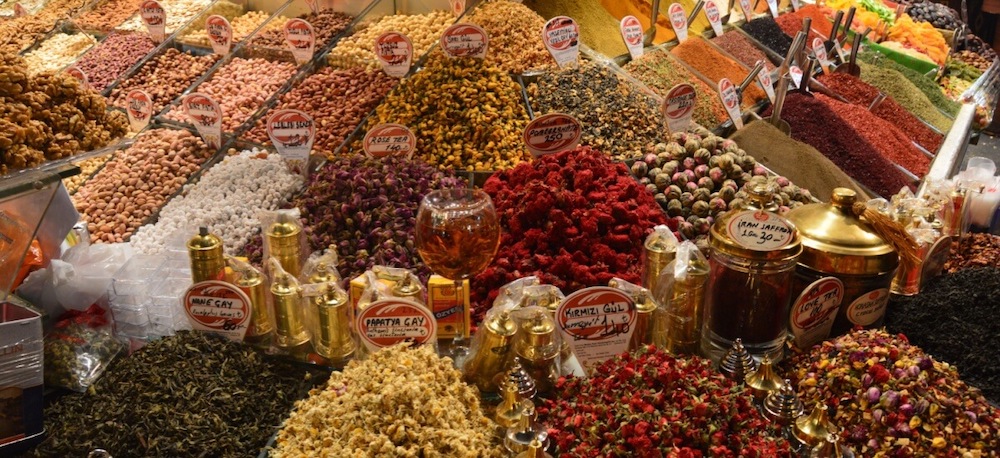
The property market in Morocco is relatively weak at the moment, with prices remaining static and the number of transactions lower than ideal levels. In fact, they fell by a whopping 14.3% over the first quarter of 2024.²
This could mean an advantageous situation for buyers, with both demand and prices lower than previous decades. But there’s also a shortage of affordable housing, while the high-end market flourishes.²
So you might need to set aside a significant budget for your purchase if you want to secure your dream home.
Yes, foreigners can buy property in Morocco, as long as it isn’t on land designated for agricultural use.
You don’t need to be a Moroccan citizen or even a resident - this means you can buy a holiday home in the country while still living in the UK.
However, you might need to provide proof of a valid residency permit if you’re applying for a mortgage in Morocco.
You won’t automatically get permanent residency by buying a property in Morocco.
However, owning a property there could be an advantage if you do come to apply for residency, as it proves ties to the country. You’ll be asked to provide proof of property ownership alongside other documents when submitting your application.¹
Now we come to that all-important question - how much is property in Morocco?
The cost of living in Morocco is generally much lower than in the UK, and it’s the same story for property prices.
On average, you’ll pay 76% to 82% less per square metre for an apartment (depending whether it’s located in or outside of a city centre).³
And here’s a guide to what you can expect to pay per square metre in some of Morocco’s major cities:¹
| City | Average price per square metre |
|---|---|
| Marrakech | 15,000 - 30,000 MAD |
| Agadir | 10,000 - 20,000 MAD |
| Rabat | 12,000 - 25,000 MAD |
| Casablanca | 12,000 - 25,000 MAD |
| Fes | 8,000 - 18,000 MAD |
| Tangier | 10,000 - 22,000 MAD |
| Essaouira | 10,000 - 20,000 MAD |
Remember though that property prices will also vary depending on the type of property you buy (i.e. an apartment, house or villa).
Another thing to note when figuring out the price for property in Morocco is that international transfers could get expensive, especially if the provider adds a margin to the exchange rate to convert your pounds. Consider checking out Wise to handle your large transfers with mid-market exchange rates and low, transparent fees*.
| 💡 Read more: How to transfer large amounts of money from the UK? |
|---|
Of the major cities in Morocco, Fes is one of the cheapest. However, it’s also possible to snap up affordable property in Tangier, Essaouira and even Agadir.
As you might expect, it’s generally cheaper to buy property outside of city centres and popular urban areas.
There are a few ways you can find property to buy in Morocco. The main routes are real estate agencies and online property websites.
It isn’t necessary to use a real estate agent to find a property to buy. But it can be helpful, especially if you’re moving to Morocco from the UK and are unfamiliar with the local property market.
As many local agents may not speak English, it could be worth working with a UK-based agency specialising in overseas property - with specific expertise in the Moroccan market.
You can also search for property in Morocco online, from the comfort of your current home in the UK.
To help you start your search, here are some of the most popular property websites for Moroccan real estate:
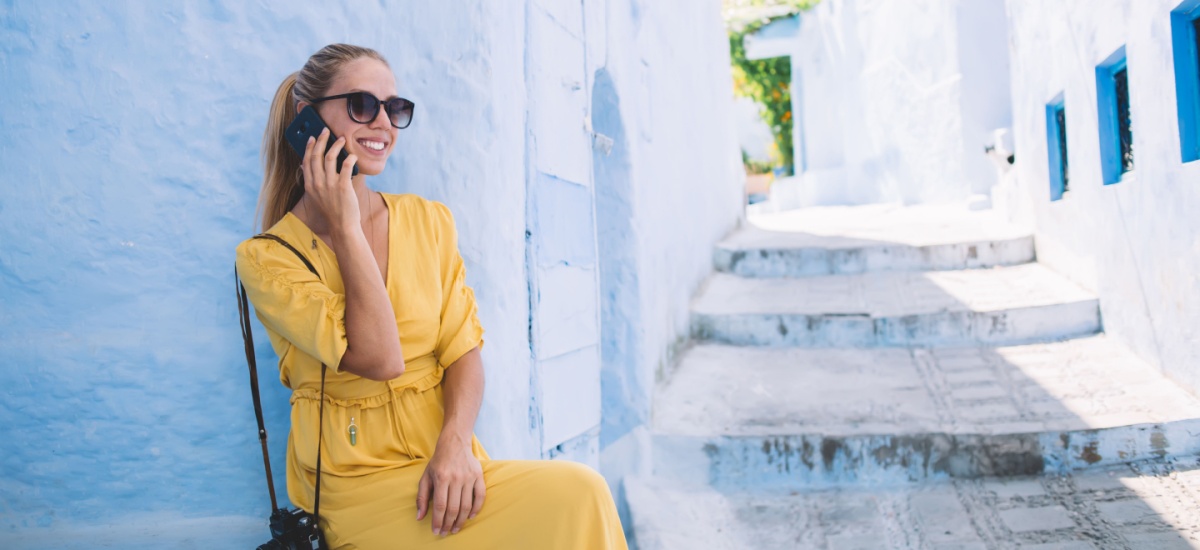
Generally speaking, Morocco is a safe place to buy property. However, its property market and processes can be a little difficult for foreigners to navigate. And like in many countries, there’s always a risk of scams and fraud affecting unsuspecting buyers.
Here are some of the potential pitfalls and risks you should look out for:³
And of course, you should take all possible measures to protect yourself from scams and fraudsters.
The right property for you will all depend on what type of home you’re looking for and where you want to live. Your budget will also play a major role in which property you choose.
If you’re not already living in Morocco, it’s worth making a trip to check out the area you’re interested in and make appointments to view properties. Pay attention to local transport links and amenities, and try to get a feel for the area.
Alternatively, you could employ a locally-based agent to do this for you.
It’s crucial to do as much research as possible before committing to purchase a property.
While it isn’t mandatory or even common in Morocco, it is recommended to get a full building survey carried out. This will give you valuable information on the structural condition of the property, flagging up potential issues and required repairs. It could save you money down the line.
As you look forward to getting the keys to your new home, you’ll have a final few tasks to check off your list. These include taking out insurance, setting up your utilities and carrying out any energy efficiency renovations.
While not mandatory, it’s a very good idea to take out a buildings insurance policy for your new property. This may even be a requirement for your mortgage lender, with cover starting from the day you get the keys.
If you know when your completion date will be, it makes sense to get some essentials set up in advance of moving in.
A prime example is utilities, such as heating, power and water. Get these sorted as early as you can, and the moving process should be a little smoother.
Bought a property with no central heating, an old heating system or no insulation?
One of your first priorities before moving in might be to carry out energy efficiency renovations. This can make your home more comfortable (especially in the case of extreme weather) and lower your energy bills in the long-term.
And that’s it - a complete guide to buying property in Morocco for foreigners. We’ve covered all the essential info you need to know, including Moroccan property prices, taxes and fees for purchasing property, how the buying process works and the pitfalls to watch out for.
After reading this, you should have a better grip on how it all works, and be ready to start house hunting.
And, if you want to save money while buying your new property in Morocco, use the Wise account to send your international transfer. It’s not a bank account but offers many similar features.
Here are the main benefits for using Wise: |
|---|
|
Sources used:
Sources last checked on date: 07-Aug-2024
*Please see terms of use and product availability for your region or visit Wise fees and pricing for the most up to date pricing and fee information.
This publication is provided for general information purposes and does not constitute legal, tax or other professional advice from Wise Payments Limited or its subsidiaries and its affiliates, and it is not intended as a substitute for obtaining advice from a financial advisor or any other professional.
We make no representations, warranties or guarantees, whether expressed or implied, that the content in the publication is accurate, complete or up to date.

Everything you need to know about the Nota Simple in Spain - an essential document for buying property - including how you can get it and how much it costs.

Read our guide on how to transfer money to buy property overseas, including all of the best options for UK residents and steps to set up a large transfer.
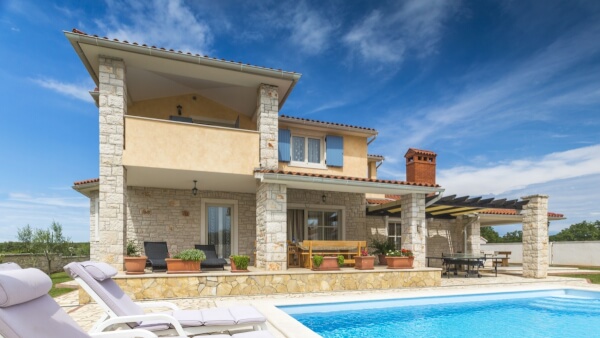
Read our guide on how to transfer money to buy property in Spain, including all of the best options for UK residents and steps to set up a transfer.

Read our complete guide to selling your property in Barbados, including info on the process, fees, taxes, legal requirements and more.
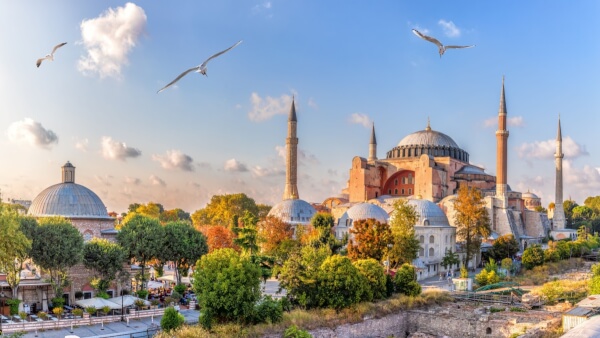
Read our comprehensive guide to getting a mortgage in Turkey from the UK, covering everything you need to know.
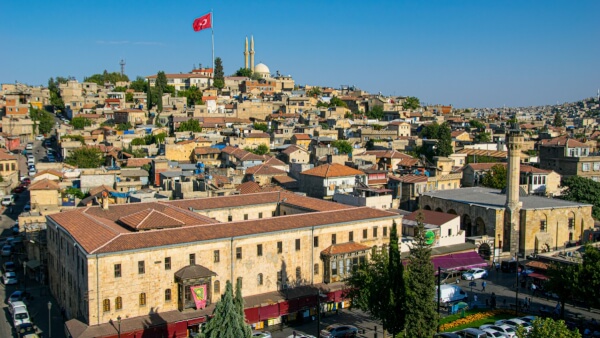
Read our essential guide to property tax in Turkey for foreigners and UK expats, including taxes on buying, selling and renting out property.